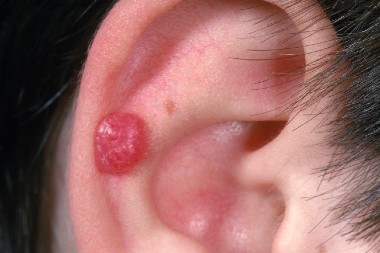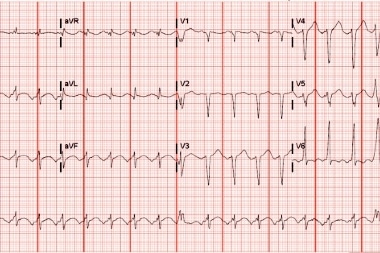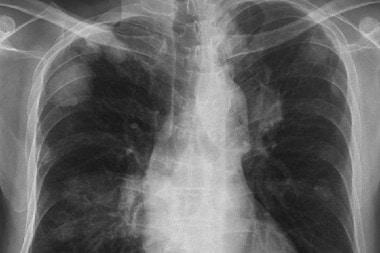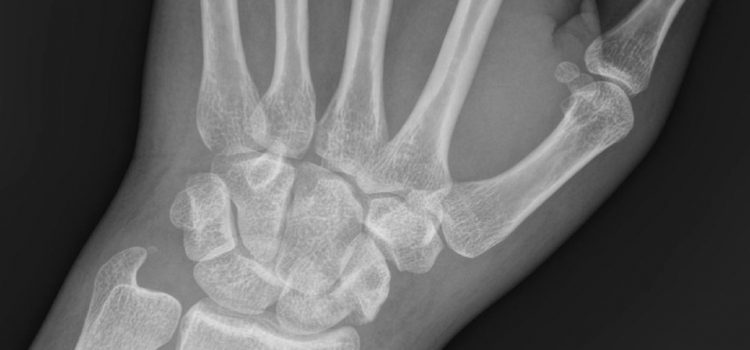Stephen L. Adams, MBChB, FRNZCUC Like the rest of the world, New Zealand (and more particularly its healthcare system) has been changed, perhaps irrevocably, by COVID-19. Despite a relatively small direct effect on the population (0.06% infected, half of which were identified and isolated at border) with 0.0004% deaths1 (including one physician), the effects on primary care have been substantial. THE BEGINNING New Zealand clinicians were first notified of the Wuhan cluster in January 2020. …
Read More








